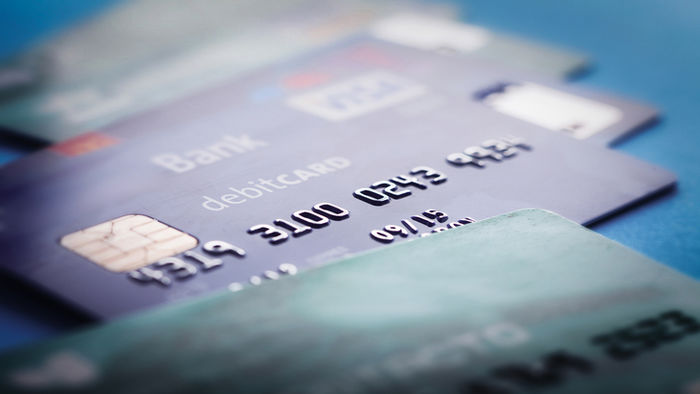Amex vs MasterCard vs Visa: how do they compare?
By Bessie Hassan
Visa, MasterCard and American Express: three prominent credit cards offering varied and extensive features to the owner of the wallet in which it sits.
Diluted annual fees, interest-free periods, frequent flyer points - there's an assortment of rewards obtainable after committing to a credit card, making the selection process increasingly challenging. Although there isn't a distinct credit card better than the rest, it's likely you're able to obtain one that's best suited to your personal situation.
Generally, MasterCard and Visa products tend to be fairly similar compared with American Express cards, which tend to carry higher fees and heightened rewards.
Additionally, Visa and MasterCard function exclusively as a payment-processing system, whereas American Express reserves the ability to issue its own cards.
Individual banks and other financial institutions issue Visa and MasterCard branded credit cards, and it is these institutions that name the cards, set interest rates and provide promotional offers.
There are two main features of the wide range of products on the market: cards that allow you to simply purchase items on credit, and cards that reward you for making credit purchases with rewards points or air miles. Similarly, there are cards that combine the benefits of both, offering additional features such as 0% balance transfers, 0% foreign transaction fees and 0% purchase interest rates for a limited period.
Of the 118 credit cards available through creditcardfinder.com.au, 32 are with American Express, carrying annual fees ranging from zero to $450 and averaging $199.
The average American Express card provides a sign-up bonus of 43,480 points, which can be converted into the equivalent in frequent flyer points. Users can also earn up to one frequent flyer point per dollar spent on the card, with extra earnings for specific purchases such as Qantas products. The average interest paid on American Express cards is 19.74%, with the lowest being 14.99%.
Conversely, of the 86 Visa and MasterCard products on the market, 17% are available with no annual fees. Of the Visa and MasterCards that do carry annual fees, the average is lower than American Express at $121; however, they can climb to $700. Additionally, the average purchase rate for Visa and MasterCard is lower, at 18.30%, and can drop as low as 9.99%.
While American Express cards can be tempting, as they offer better rewards, they're typically more expensive to own and use. As lenders charge retailers at a higher fee to fund their reward programs, it's common for retailers to transfer the cost to the consumer through surcharges.
In fact, Australians are paying up to 10% per transaction for the "privilege" of using their cards to pay for business services, such as taxi fares and airline tickets.
Recently, however, the federal government has decided that from July 1 a ban on excessive credit card surcharges will be implemented. The initiative could see consumers save substantially - up to 90% of the fee charged- if merchants are forced to charge the true price of an item or service.
With lenders being forced to reduce transaction fees charged to retailers, they are likely to see a drop in revenue that will need to be rectified.
Therefore, we could see a reduction in value offered to card users. This could mean a lower points-to-rewards ratio (including frequent flyer programs), or a reduction in the maximum number of points it is possible to earn in a given period. Cardholders may have to spend more to get the same rewards.
Finally, there remains concern as to how the ban on "excessive" surcharges will be regulated.
As retailers will still be able to set their own surcharges, consumers are encouraged to remain vigilant when making purchases, as some companies will continue to charge extorted fees if they presume the customer isn't aware. Australians shouldn't rely on regulators but rather keep a close eye on their credit purchases - ask the merchant about the surcharge and always request a receipt.
Get stories like this in our newsletters.



